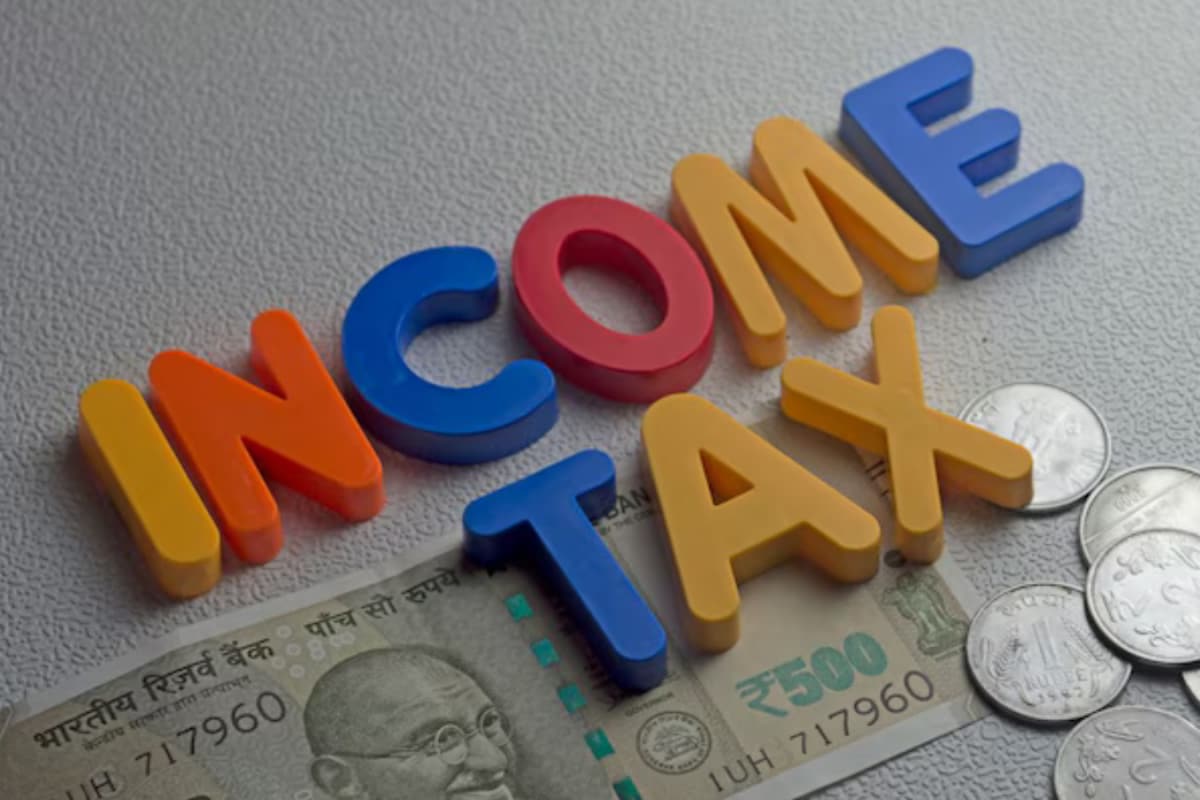Filing your Income Tax Return (ITR) for the assessment year 2025-26 is on the horizon, with the deadline for individuals being July 31, 2025. While Form 16 is a valuable document, it's not always a prerequisite. Many taxpayers wonder if they can file their ITR without it, and who might be exempt from filing altogether. Here’s a breakdown of how to navigate ITR filing in 2025, even without a Form 16.
Filing ITR Without Form 16: Absolutely Possible
Form 16, issued by employers, provides a summary of your salary, deductions, and Tax Deducted at Source (TDS). While it simplifies the filing process, it's not the only way to accurately report your income. Here's how you can file your ITR without it:
- Gather Your Income Information: The first step is to determine your income from all sources during the financial year. This includes salary, pension, income from house property, business income, capital gains, and interest income. For salary income, collect your pay slips from all employers you've worked for during the financial year.
- Utilize Salary Slips and Bank Statements: If you're a salaried individual, your pay slips provide a detailed breakdown of your earnings, deductions, and taxes. Corroborate this information with your bank statements to track all income received.
- Refer to Form 26AS: Form 26AS is a consolidated tax statement provided by the Income Tax Department. It contains details of TDS, taxes you've paid, and any tax refunds received during the financial year. This form is crucial for verifying the accuracy of your income details and taxes already paid. You can access it from the Income Tax Department's e-filing portal.
- Collect Investment Proofs: To claim deductions under various sections like 80C, 80D, and others, gather all relevant investment proofs, such as receipts for LIC premiums, ELSS investments, medical insurance payments, and education loan statements.
- Digital Form 16: The Income Tax Department has launched a Digital Form 16, generated directly from the TRACES portal, ensuring data accuracy regarding salary, deductions, and TDS. You can upload this document onto tax-filing websites to automatically fill in key details, saving time and minimizing manual errors.
Who Doesn’t Need to File ITR?
While filing ITR is mandatory for most individuals exceeding the basic exemption limit, certain categories of people are exempt under specific conditions:
- Senior Citizens (75 years and above): According to Section 194P of the Income Tax Act, 1961, senior citizens aged 75 years and above are exempt from filing ITR if they meet the following conditions:
- They are residents in the previous year.
- They have only pension income and interest income.
- Their interest income is earned from the same bank where they receive their pension.
- They submit a declaration to the specified bank. The bank then deducts TDS after considering applicable deductions and rebates. Once the tax is deducted, there's no need for them to file an ITR.
- Individuals with Income Below the Exemption Limit: As per current regulations, individuals whose gross total income is below the basic exemption limit are not required to file an ITR. For the assessment year 2025-26, the exemption limit is INR 2.5 lakh under the old regime and INR 3 lakh under the new regime. However, it's generally advisable to file even if your income is below this limit, as it can be useful for various financial transactions and loan applications.
- Individuals under the NFS scheme: You may be selected for NFS scheme for Year of Assessment (YA) 2025, if you only had pre-filled income in the calendar year 2024. If you are selected for NFS: You are not required to file an Income Tax Return.
Important Dates and Considerations
- ITR Filing Deadline: For individuals not requiring an audit, the deadline is July 31, 2025. For businesses and professionals requiring an audit, the deadline extends to October 31, 2025.
- Belated Return: If you miss the original deadline, you can file a belated return by December 31, 2025, but penalties and interest may apply.
- Penalty for Late Filing: Failing to file by the deadline can result in penalties. For income below INR 5 lakh, the penalty is INR 1,000, while for income above INR 5 lakh, it can be up to INR 5,000. Interest under Section 234A/B/C may also be levied.
- Updated Return (ITR-U): The Income Tax Department has notified the updated return form (ITR-U), allowing taxpayers to rectify or update their returns within 48 months from the end of the assessment year. However, this comes with a tiered penalty system based on the time of filing.
While the Income Tax Department has released all seven ITR forms for AY 2025-26, the e-filing utilities are still pending activation on the portal. Taxpayers are advised to check the official e-filing portal regularly for updates and to plan their compliance accordingly.

